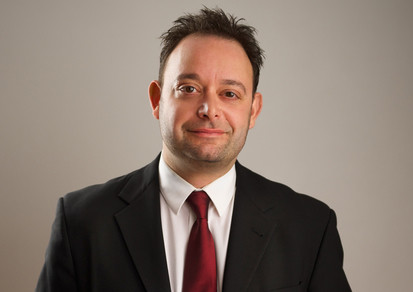Charlie Hebdo and the temptation of self-censorship
As predictably as birds flying south for the winter, last week’s abominable terrorist attack on the headquarters of the French satirical magazine, Charlie Hebdo, brought forth the usual burnt-out platitudes from those commentators who insist that Islamist violence is rooted in legitimate grievances with the West.
One of the most heinous examples of this outwardly-nuanced, inwardly-confused discourse appeared in a piece for the Financial Times by Tony Barber. By the second paragraph, Barber was sagely counseling us not to jump to conclusions about Islamist culpability — Anders Breivik, the far-right fanatic who murdered 77 mainly young Norwegians in 2011, was a Christian, after all.
(Within a few hours of the Paris atrocity, the identities of the three suspects — all Muslims, and with at least one carrying a prior conviction for terrorism — had been revealed. But had Barber bothered to check the earlier news, he would have perhaps registered those eyewitnesses who reported the assailants shouting “Allahu Akhbar” as they embarked on their killing spree. Two days later, an Islamist terrorist who authorities say was associated with the two Charlie Hebdo shooters took nearly 20 hostages at a kosher supermarket in eastern Paris, killing four of the hostages.)
Then Barber’s argument got worse. The murder of 12 people, he insinuated, might have been avoided had there been “some common sense … at publications such as Charlie Hebdo, and Denmark’s Jyllands-Posten, which purport to strike a blow for freedom when they provoke Muslims.” (Here Barber is referring to the 2005 publication of the caricatures of the Prophet Muhammed, reprinted by Charlie Hebdo in 2011.)

 50.0°,
Overcast
50.0°,
Overcast 




